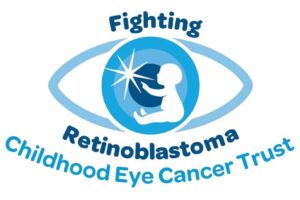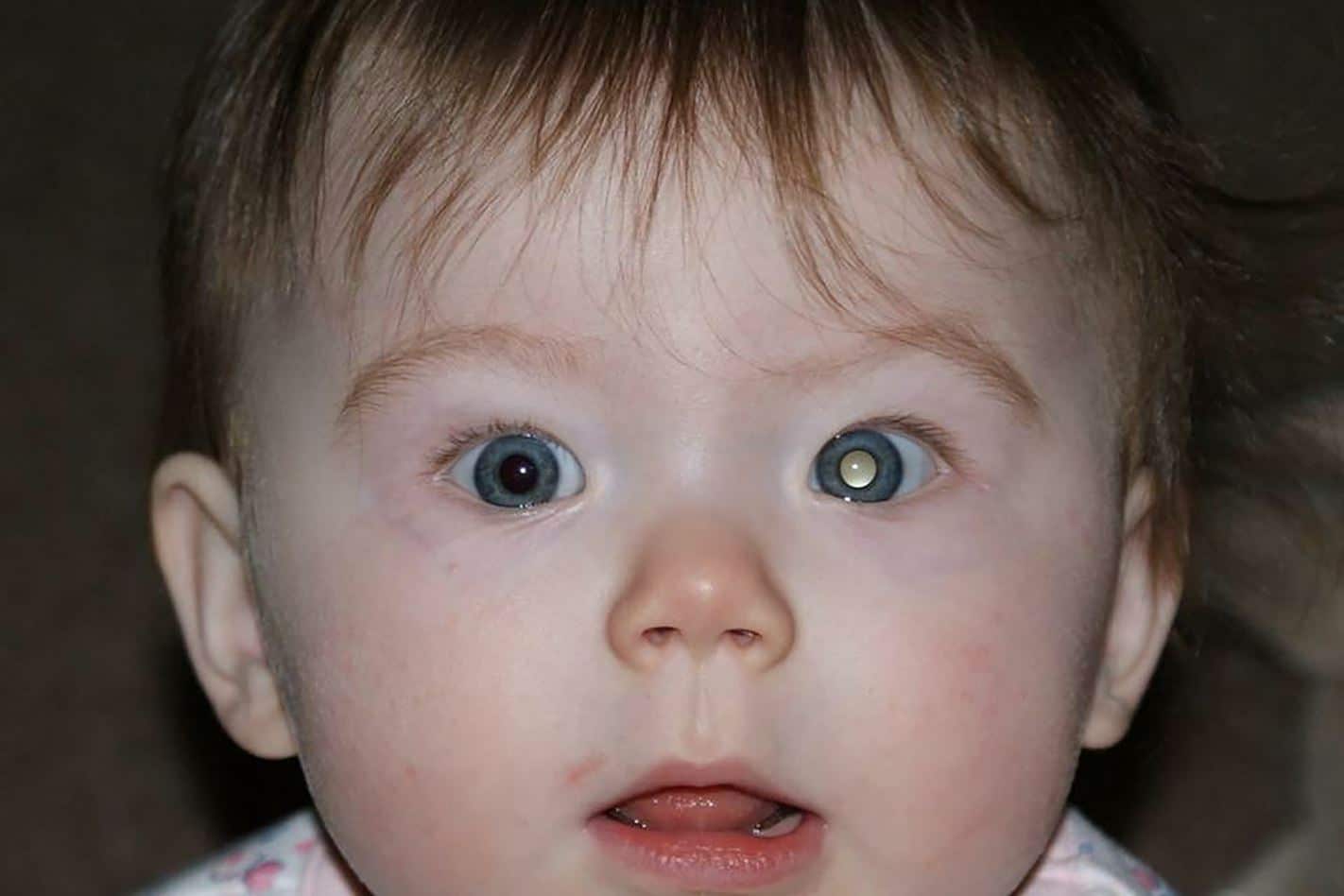On #RareDiseaseDay (28 February), we share this update from the Childhood Eye Cancer Trust (CHECT) on the key role of health visitors in children’s eye health.
According to CHECT’s survey carried out for Rare Disease Day 2022, over twice as many parents said their health visitor had prompted them to get their child’s eyes checked during this last year than in 2020 (13% up from 6%). Health visitors were more influential in this than any other factor, including other healthcare professionals and social prompts.
Parents were also more likely to ask their health visitor to check their child’s eyes than any other healthcare professional:
- Health visitor – 37%
- Hospital doctor / nurse 31%
- GP – 30%
- Optician – 28%
The survey was carried out for Rare Disease Day 2022 on behalf of UK charity the Childhood Eye Cancer Trust (CHECT), which supports families of babies and children diagnosed with the rare childhood eye cancer retinoblastoma (Rb).
Retinoblastoma is a rare and aggressive form of eye cancer that affects babies and young children, mainly under the age of six. Around 40-50 cases are diagnosed a year in the UK – or one child a week. It represents 3% of all childhood cancers and 10% of cancers in babies under the age of one in the UK.
Patrick Tonks, Chief Executive of the Childhood Eye Cancer Trust, said:
“Retinoblastoma is a rare, aggressive eye cancer which affects babies and children under the age of six. We know health visitors are an incredibly important resource for parents with children this age, and these figures show what a key role they play in children’s eye health. We encourage all health visitors to familiarise themselves with the signs and symptoms of retinoblastoma so that they can recognise and refer on appropriately any potential causes for concern. Over 98% of children diagnosed with Rb will survive, but more than half will lose an eye in order to save their life, so urgent referral and early diagnosis is vital to save a child’s sight, eyes and life.”
The main presenting symptoms of children diagnosed with Rb in the UK between 2012 and 2020**, were:
- A white glow in the eye (observed in the eye or in a photo) – 71%
- A new squint – 34%
- Change in colour of iris – 10%
- Loss of vision – 8%
- Redness or swelling without infection – 7%
- Roaming eyes / child not focusing – 7%
- Absence of red eye – 1%
One child a week in the UK is diagnosed with retinoblastoma.









